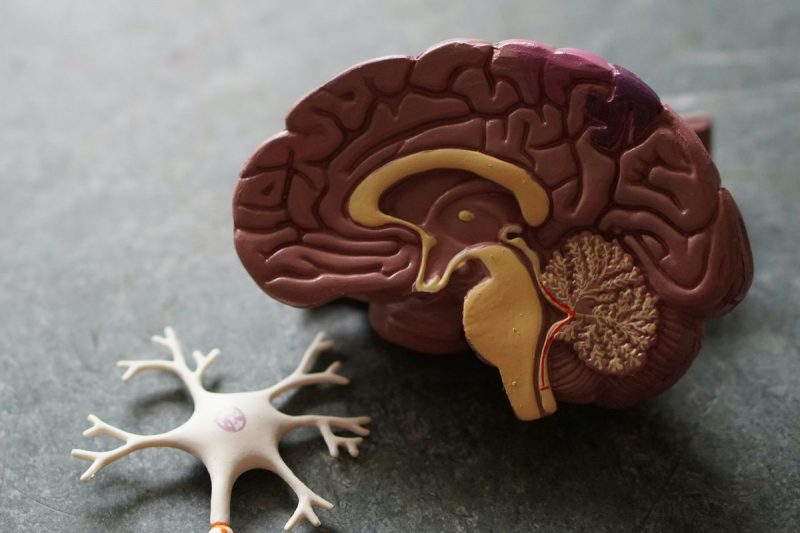Lithium, a naturally occurring trace element in the brain, may be able to unlock a key medical mystery: why some people develop Alzheimer’s disease and others don’t, despite similar brain changes.
In a recently published study, scientists at Harvard Medical School state that lithium not only exists in the human brain at biologically meaningful levels, but also appears to protect against neurodegeneration.
Additionally, their work shows that lithium supports the function of all major brain cell types.
The decade-long study drew on mouse experiments and analyses of human brain and blood samples across the spectrum of cognitive health. The Harvard team discovered that as amyloid beta, the sticky protein associated with Alzheimer’s, begins to accumulate, it binds to lithium and depletes its availability in the brain. This drop in lithium impairs neurons, glial cells and other brain structures, accelerating memory loss and disease progression.
“The idea that lithium deficiency could be a cause of Alzheimer’s disease is new and suggests a different therapeutic approach,” said Bruce Yankner, who is the senior author of the study.
Yankner, a professor of genetics and neurology at Harvard Medical School who in the 1990s was the first to show that amyloid beta is toxic to nerve cells, said the new findings open the door to treatments that address the disease in its entirety, rather than targeting single features like amyloid plaques or tau tangles.
To explore this possibility, researchers screened for lithium compounds that could evade capture by amyloid beta.
They identified lithium orotate as the most promising candidate. In mice, the compound reversed Alzheimer’s-like brain changes, prevented cell damage and restored memory, even in animals with advanced disease.
Crucially, the effective dose was about one-thousandth of that used in psychiatric treatments, avoiding the toxicity risk that has hampered lithium’s clinical use in older patients.
“You have to be careful about extrapolating from mouse models, and you never know until you try it in a controlled human clinical trial,” Yankner cautioned. “But so far the results are very encouraging.”
The path to these findings began with access to an unusually rich source of brain tissue.
Working with the Rush Memory and Aging Project in Chicago, the team examined postmortem samples from thousands of donors, from cognitively healthy individuals to those with mild cognitive impairment and full-blown Alzheimer’s.
Using advanced mass spectrometry, they measured trace levels of about 30 metals. Lithium stood out as the only one whose levels dropped sharply at the earliest stages of memory loss.
The pattern matched earlier population studies linking higher environmental lithium levels, including in drinking water, to lower dementia rates. But unlike those correlations, the Harvard team directly measured brain lithium and established a normal range for healthy individuals who had never taken lithium as medication.
“Lithium turns out to be like other nutrients we get from the environment, such as iron and vitamin C,” Yankner said. “It’s the first time anyone’s shown that lithium exists at a natural level that’s biologically meaningful without giving it as a drug.”
To test whether this deficiency was more than an association, the researchers fed healthy mice a lithium-restricted diet, lowering brain lithium to levels seen in Alzheimer’s patients.
The animals developed brain inflammation, lost connections between neurons and showed cognitive decline; however, replenishing them with lithium orotate reversed these changes. What’s more, mice given the compound from early adulthood were protected from developing Alzheimer’s-like symptoms altogether.
The findings raise several possibilities. Measuring lithium levels in blood could become a tool for early screening, identifying people at risk before symptoms emerge. Furthermore, amyloid-evading lithium compounds could be tested as preventive or therapeutic agents, potentially altering the disease course more fundamentally than existing drugs.
For now, researchers stress that no one should self-medicate with lithium supplements.
The team emphasized that the safety and efficacy of lithium orotate in humans remain unproven, and clinical trials will be needed to determine whether the dramatic benefits seen in mice translate to people.
Securities Disclosure: I, Giann Liguid, hold no direct investment interest in any company mentioned in this article.

